Trump’s targeting of alleged drug vessels strains UK-US intelligence ties
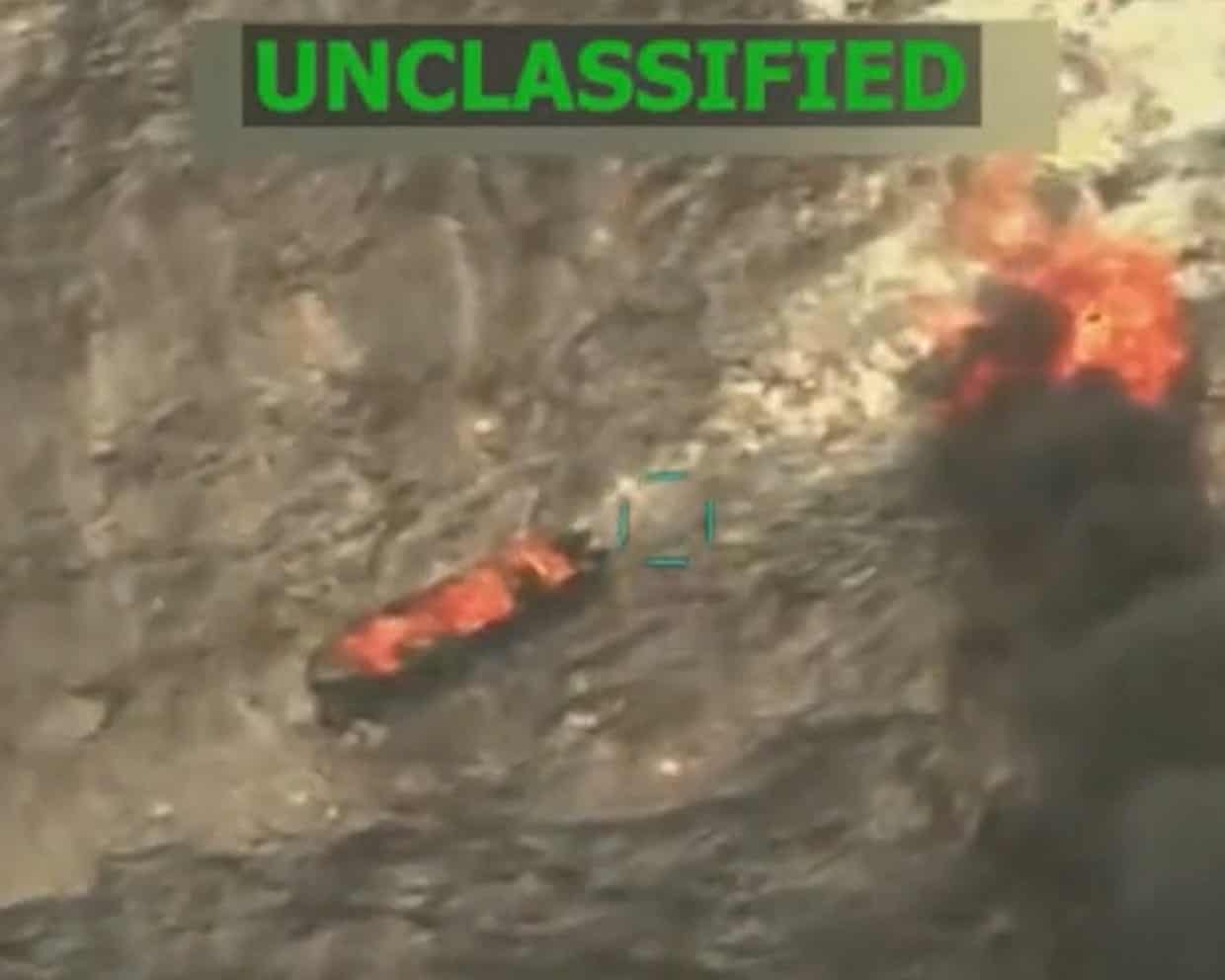
It is an intelligence relationship that predates even the Five Eyes: the UKUSA alliance that began, naturally enough, in secret in 1946,But this week the strain of trying to be the closest security ally to a freewheeling White House has begun to show,Britain, it emerged, had quietly suspended intelligence cooperation with the US in the Caribbean because London does not consider the deadly US military campaign against ships accused of drug trafficking to be in line with international law,That amounts to an extraordinary open fissure in a close working relationship at a time when the US is increasing its military buildup, expanding its controversial campaign in the region with an attempt to threaten Venezuela,“I’m not sure if there is a previous example of this happening in the public domain.
Turning off the tap completely is pretty rare,” said Matthew Savill, the director of military sciences at the Royal United Services Institute thinktank and a former civil servant.“I suspect when the first boat was blown up, somebody from the UK would have sought clarification from the US along the lines of ‘can you explain what you are doing’.Maybe they got an answer from the Pentagon and didn’t like it.”Intelligence, once the province of spies, is today increasingly a matter of sophisticated listening and snooping apparatus and surveillance technology.What the UK – and the other Five Eyes members: Australia, Canada and New Zealand – can offer to the US is global coverage, from strategic locations such as the UK base at Akrotiri in Cyprus and island territories in the Caribbean.
The UKUSA relationship may date back to the second world war but it was reforged after 9/11, when Tony Blair promised to stand “shoulder to shoulder” with the US, and ran throughout the long “war on terror”, with the Americans in the lead and at times straining at the rules.There were no shortage of controversies – most notably that members of the UK’s spy agencies saw or had knowledge of CIA torture and kidnap of terror suspects – but politically these were contained.Plans to hold a judge-led public inquiry into alleged UK complicity in torture were finally abandoned by Theresa May as prime minister in 2019.The UK halted some intelligence sharing during Barack Obama’s US presidency amid British concerns over the legality of certain CIA drone strikes in Pakistan, Yemen and elsewhere but the two sides managed to find a way to achieve legal alignment after much effort, said one former official.Since the return of Donald Trump, however, there have been signs that the alignment is unravelling.
In June, as it became clear that the US was considering bombing the Fordow nuclear enrichment site in Iran during the short Israel-Iran war, questions were raised about whether the UK would consider the attack legal.It was relevant because there was an expectation that the US would launch the B-2 bombing raid from the UK base on Diego Garcia, in the southern Indian Ocean, so forcing Keir Starmer’s government to take a view on the attack’s legality.But the issue was tactfully sidestepped: the US launching the attack from Missouri instead.While the UK intelligence community is relatively tight, eager to avoid political controversy, and leaks are rare, the US system is larger, leakier and – particularly in Trump’s second term – highly politicised.Because of the close relationship, where so much is shared, the UK is frequently dragged in.
This week a report in the New York Times, sourced partly to former US officials, gave an account of how MI5 was surprised when Kash Patel, the FBI chief, went back on a verbal commitment he had given to the MI5 director general, Ken McCallum.Patel had said he would not cut a surveillance post in London that MI5 deemed critical, only for it to be axed in budget cuts a few weeks later, leaving the British agency incredulous.Normally where the UK has security or legal concerns about a partner, even one as close as the US, ministers, officials and lawyers can quietly restrict the flow of intelligence, recognising that policy disagreements or leaks are more likely.However, the Trump administration’s rapidly escalating campaign against alleged narco-traffickers in the Caribbean and Pacific has stretched legality to what many experts consider its breaking point – and given the UK no choice but to consider its position on intelligence sharing explicitly.So far the US has declared that 75 people have been killed in 19 strikes in the Caribbean and Pacific since September, and the White House has justified the campaign on the grounds that it is engaged in “a non-international armed conflict” with drug cartels designated by Trump as terrorists.
However, experts have been questioning the legality of the sinkings since the moment they began, because the US is neither in a state of war with drug cartels nor under imminent threat of armed attack from them.“The eventual arrival of drugs for sale in the United States is neither an attack nor an imminent threat of attack, and the availability of interdiction means that the use of force was not necessary,” a group of experts wrote on the Just Security blog.Nevertheless, the UK, always careful not to upset the US, did not go public with concerns.Instead, the decision to pause intelligence sharing, taken more than a month ago, emerged via a leak and a report by CNN.Even then, the UK declined to comment – though the Ministry of Defence’s failure to deny the report has been taken as confirmation of its accuracy.
Dominic Grieve, the UK attorney generalbetween 2010 and 2014, said he believed Britain had taken the only decision it could,“I am not surprised at all,There is no legal basis for killing people in this way,They can be brought to justice and are not an imminent threat to life,” he said,Legality is critical because if the UK considers the actions of any ally illegal in a conflict, it should not provide it with intelligence assistance.
Otherwise it loses legitimacy and is likely to be drawn into the courts, as has happened in the string of cases where the UK was been accused of complicity in rendition and torture,A question now is the degree of political fallout, coming at a moment when the US-UK relationship is already strained by Trump’s threat to sue the BBC,Some experts, such as Lawrence Freedman, an emeritus professor of war studies at King’s College London, are optimistic,“I’m not sure if the US administration will want to make a big fuss because there are already correctly doubts in Congress about the legality of the operation,” Freedman said, adding that drawing attention to the views of the current UK attorney general, Starmer’s ally Richard Hermer, “may feed that debate”,Others, such as Savill, believe there has to be a quiet rethink as the Trump administration weighs its next move in the Caribbean and against Venezuela.
“It is not just business as normal with this US administration.The UK is going to have think much more carefully about how it supports the US – though it will not want to get into public slanging matches with a potentially thin-skinned president,” Savill said.
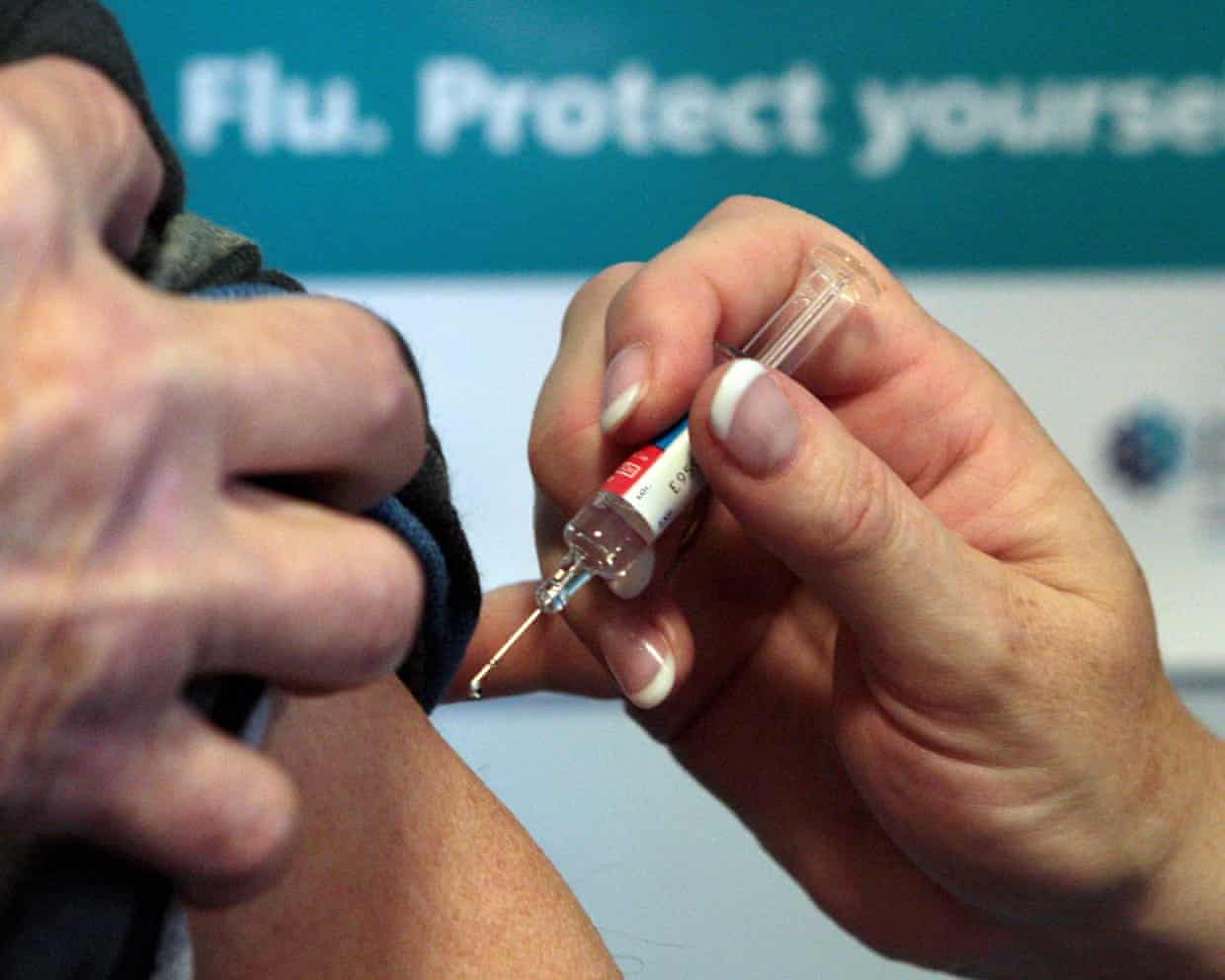
UK hospitals bracing for once-in-a-decade flu surge this winter
Hospitals are bracing for a once-in-a-decade flu season, with a mutated version of the virus that is spreading widely in younger people expected to drive a wave of admissions when it reaches the elderly.The threat has prompted NHS managers to redouble efforts to vaccinate staff and communities, expand same-day emergency care and treat more patients in the community to reduce the need for hospital stays.As resident doctors in England continue a five-day strike over pay, hospitals are turning to contingency plans to bring in consultants and other staff for extra shifts and reschedule appointments where necessary.“Last flu season was particularly nasty and we’re very concerned that this year could be even worse,” said Elaine Clancy, the group chief nursing officer for St George’s, Epsom and St Helier university hospitals. “We’re preparing for a spike of flu on to our wards

Resident doctors begin five-day strike in latest walkout over pay
Thousands of resident doctors have begun strike action across England in a dispute over pay.The five-day action, which began at 7am on Friday, is the 13th walkout by doctors since March 2023 and health leaders have warned that the NHS may have to cut frontline staff and offer fewer appointments and operations if the strikes continue.The NHS Confederation and NHS Providers, which represent health trusts, said continued action was piling pressure on already-stretched budgets. The last industrial action in July was estimated to have cost the health service £300m.Patients would be forced to wait longer for care, and many may no longer be able to work without the treatment they needed, they said
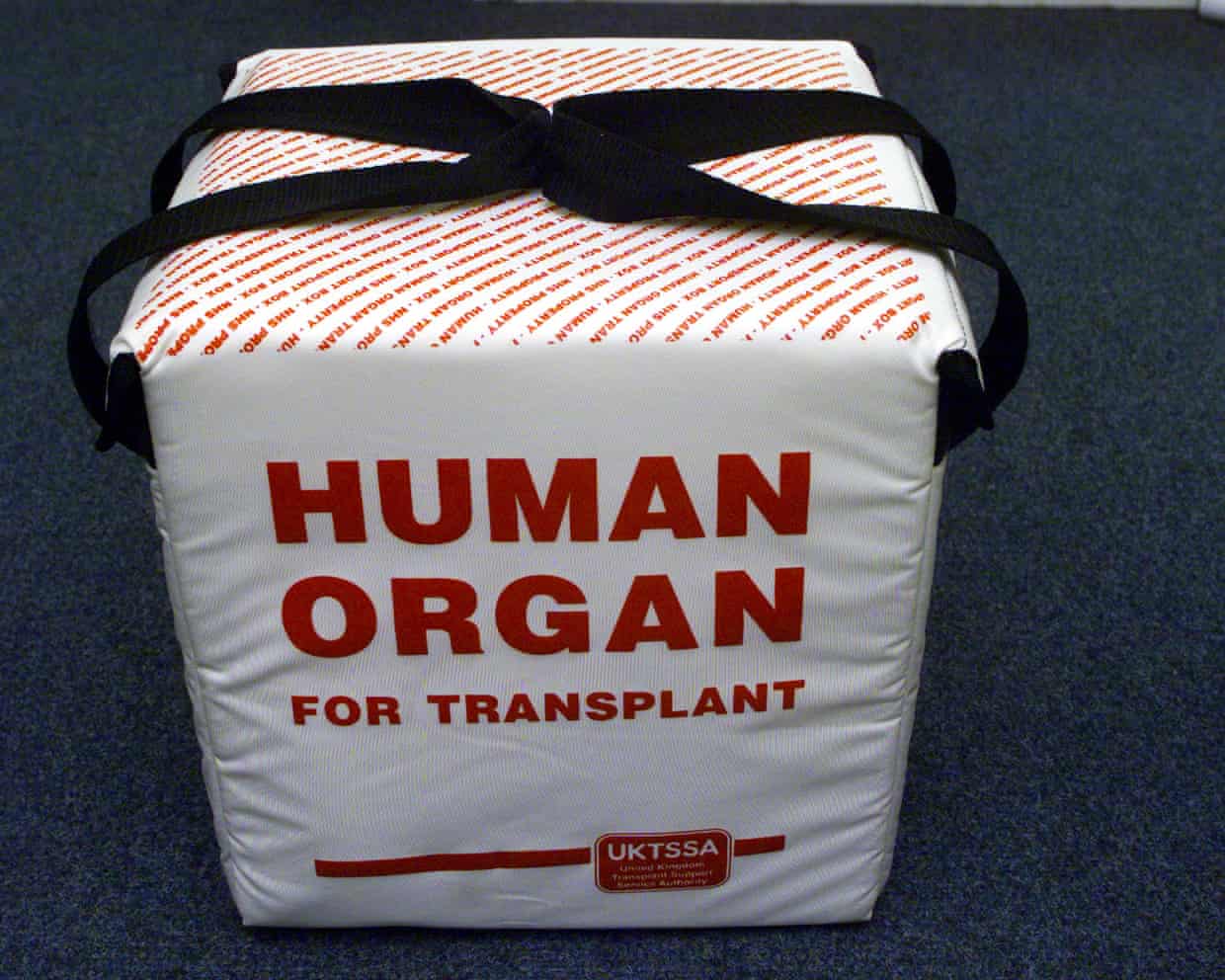
New AI tool could cut wasted efforts to transplant organs by 60%
Doctors have developed an AI tool that could reduce wasted efforts to transplant organs by 60%.Thousands of patients worldwide are waiting for a potentially life-saving donor, and more candidates are stuck on waiting lists than there are available organs.Recently, in cases where people need a liver transplant, access has been expanded by using donors who die after cardiac arrest. However, in about half of these donations after circulatory death (DCD) cases, the transplant ends up being cancelled.That is because the time between the removal of life support and death must not exceed 45 minutes
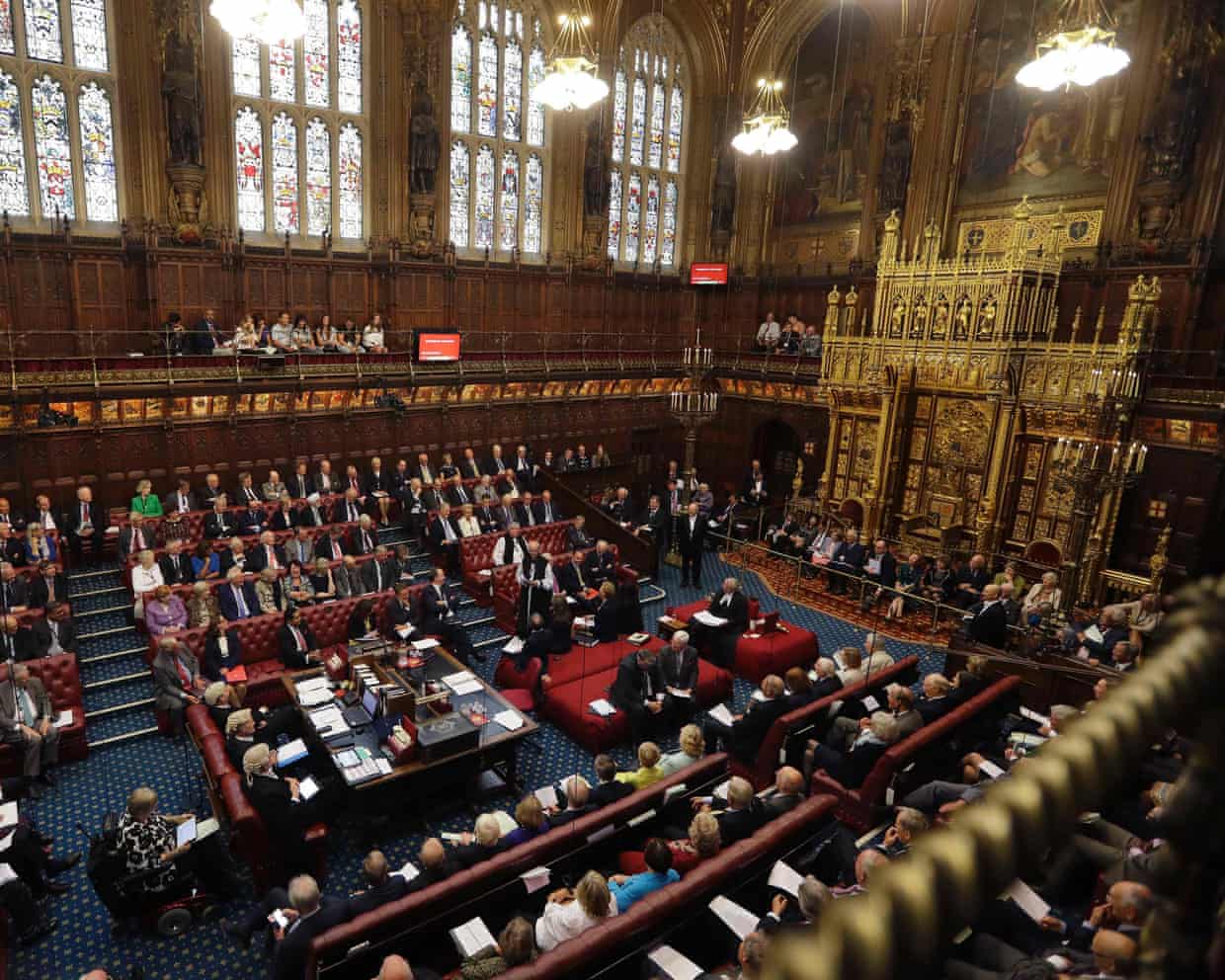
Peers to mount fresh offensive to halt assisted dying bill
Peers will mount a new offensive to halt the assisted dying bill on Friday, tabling almost 1,000 new amendments to the legislation in an effort to run down the clock.More than half of the 942 amendments have been tabled by just seven members of the House of Lords, all of them vocal opponents of assisted dying (AD). A source close to the bill said it was possible it could in effect get filibustered if peers pushed many amendments to a vote.The bill – which began as a private member’s bill from Labour MP Kim Leadbeater – passed the House of Commons in June and is now in the House of Lords.On Thursday night, 65 peers including two cabinet secretaries, the former Labour leader Neil Kinnock and the former Tory leader Ruth Davidson warned that it would be anti-democratic for the Lords to kill the bill after it had been passed by a reasonable majority in the Commons

Hospital consultants gearing up to join resident doctors in striking over pay
Hospital consultants are gearing up to join resident doctors in striking over pay in a move that could cause huge disruption for the NHS and present ministers with a major new headache.In addition, resident doctors – who will tomorrow embark on their latest strike – have decided to adopt a more militant approach in pursuit of their 26% pay claim in which they strike every month, to put pressure on the government.In a hardening of their tactics, resident – formerly junior – doctors will stage a walkout every month in 2026 if, as they expect, they get a fresh legal mandate to continue their long-running campaign of industrial action. They went on strike 11 times in 15 months between March 2023 and June 2024 but only once since, in July this year.Thousands of them will take part in what will be the 13th strike of their campaign, starting at 7am on Friday and running until 7am on Wednesday 19 November
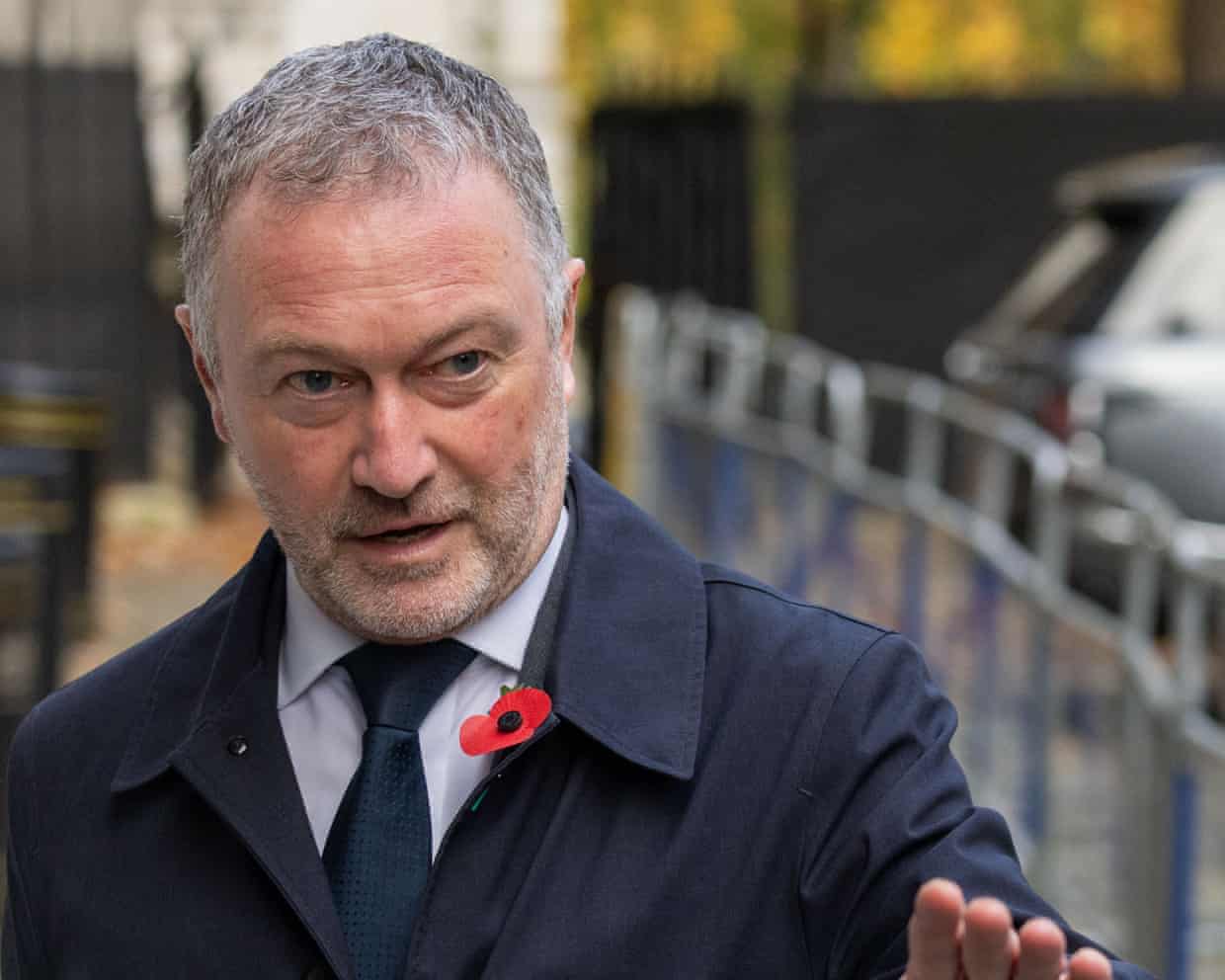
Steve Reed convenes Tower Hamlets envoys as concerns over council persist
The communities secretary, Steve Reed, has called a meeting with officials overseeing the running of Tower Hamlets council as concerns about the governance of the east London authority continue.Envoys were sent to Tower Hamlets after a team of government-commissioned inspectors published a report last November that uncovered a “toxic” and secretive culture dominated by the inner circle of the local mayor, Lutfur Rahman.It is understood Reed plans to meet the envoys to discuss their work so far, and to find out whether they think there has been sufficient change in the council and what else could be done.Rahman, a former Labour leader of the council, first became mayor in 2010 as an independent. He was removed from office in 2015 and banned for five years from standing for mayor after an election commissioner found him guilty of electoral fraud

’Tis the season for dubious TV adverts | Letters

US markets struggle amid tech sell-off and economic uncertainty

Thames Water tried to make MP pay its legal fees of up to £1,400 an hour

Pound falls and UK borrowing costs rise as Reeves ditches plans for income tax hike – as it happened

Walmart CEO Doug McMillon to step down after more than a decade in role
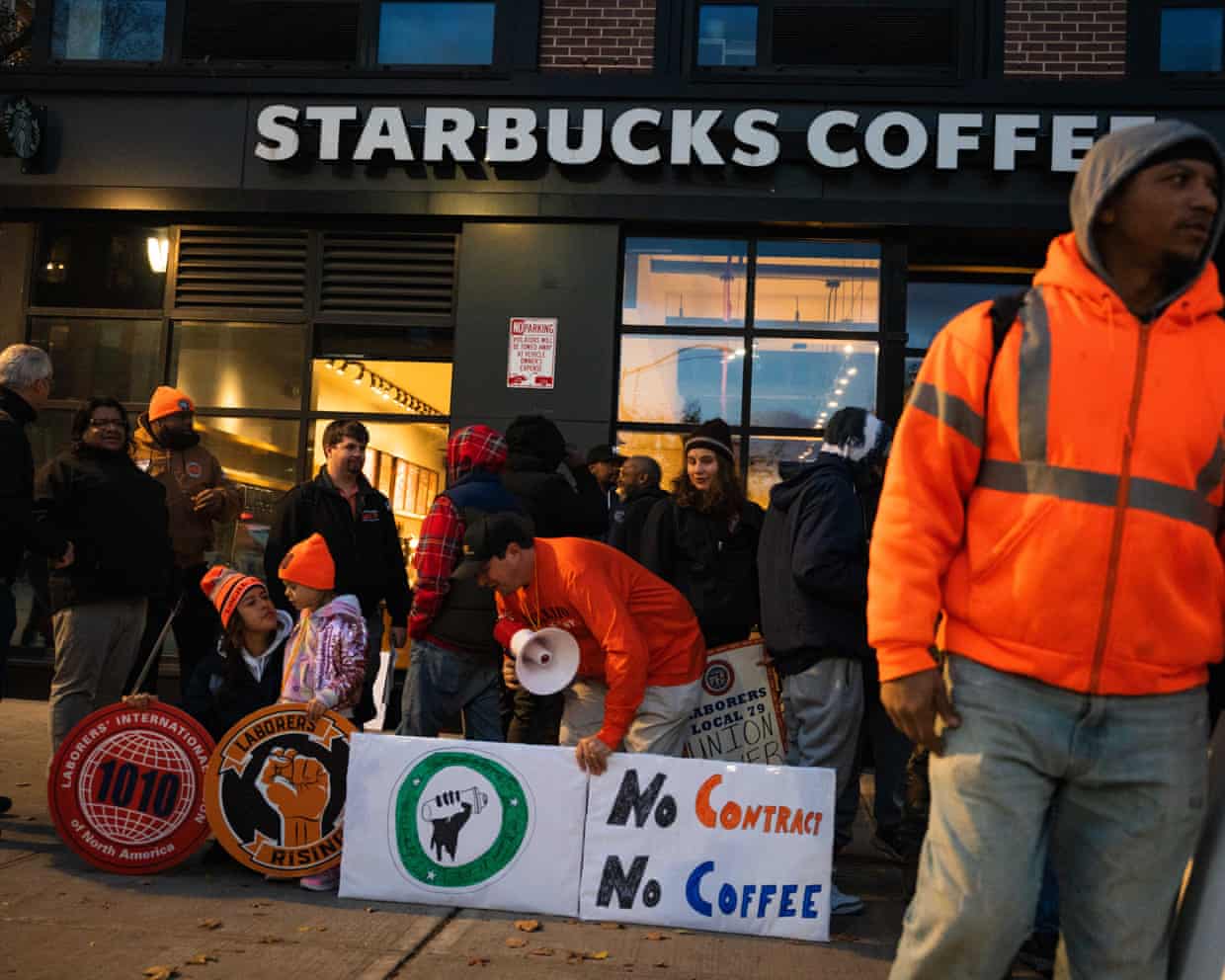
‘Red cup rebellion’: striking Starbucks baristas urge customers to stay away